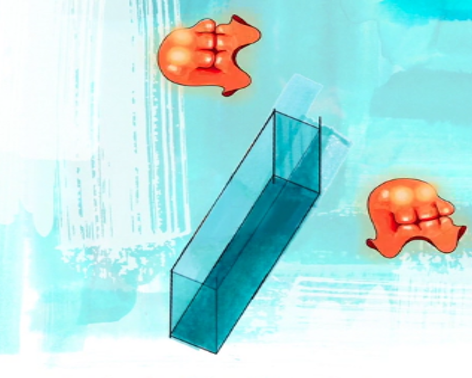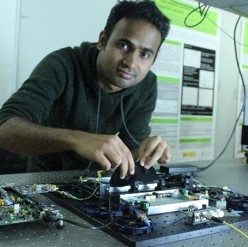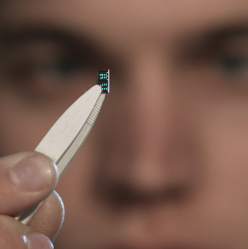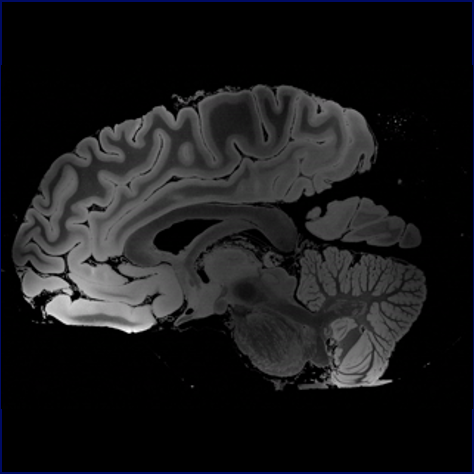decide game:
quantum technologies
Group 2 – Participant 4
Story cards
Read all the cards from this category, choose the one that looks more interesting to you and explain it to the rest of the group.
jun jiang
Story Card 2
I run a global telecommunications company.
At a recent Mobile World Congress, I met people who were conducting research at different European institutions. They told me that the behaviour of atoms and photons could revolutionise the field of communications, for example by improving data security.
When I got back home, I asked our company's engineers to study how quantum physics could benefit our business.
alina anderson
Story Card 13
I am finishing my secondary school studies and have to decide what to do in the future. I have liked science since I was young, but I do not know which subject to study in college.
I have recently been finding out about progress in the world of quantum physics. It all sounds very promising. I am excited about the idea of being able to be involved in the expansion of scientific knowledge!
In a sense, people who work in science are the explorers of modern times.
dr. isidora isibarne
Story Card 17
I am a biochemist and I research new substances that could become medicines to cure diseases that are currently incurable.
One of the lengthier parts of the process of developing a possible new drug is finding out the effects it would have on organisms.
With the emergence of quantum computers we could significantly improve our simulation programs and this could dramatically reduce the need to experiment on living beings.
info cards
Read all cards from this category, choose the two that look more interesting and explain them to the rest of the group.
superposiTION
Info Card 1
The speed of a tennis ball is the result of the superposition of a horizontal and a vertical component.
With quantum particles, we can create even more surprising superpositions, such as an atom in an excited and unexcited state at the same time, or a particle that goes along two paths at once.
Applications: computing (greatly speeding up how long it takes to solve some problems); cryptography (allowing ultra-secure communications).
applications for Quantum Cryptography
Info Card 8
Every day we share a great deal of private information (personal, financial or health data) that could be intercepted: the cryptographic protocols that currently protect them would not work with computers more powerful than current ones.
One solution could come from quantum physics, which makes it possible to design cryptographic protocols that would resist attacks by any computer (present or future). There are still many technological challenges to be able to integrate quantum cryptography systems into the current telecommunications network: solving them is the objective of CiViQ. This is a European Quantum Flagship project that ICFO coordinates and that involves other research centres, universities and large and small businesses, including the Quside and LuxQuanta spin-offs that ICFO founded in recent years.
Photo: One of ICFO's laboratories where quantum cryptography technologies are being developed
quantum technologies
Info Card 10
Quantum physics describes the world at both atomic and molecular scales: in recent years, the scientific community has learned to take advantage of phenomena that appear at microscopic scale to create new technologies.
Quantum technologies are expected to improve the way in which some physical systems are studied, communications security, computing speed and sensor sensitivity.
With more than half of its groups working in these fields, ICFO is pooling its efforts with groups from other research centres and companies, playing an active role in networks at local (Complementary Plan - Quantum Communications) and international level (European Quantum Flagship), which aim to accelerate the arrival of these technologies in society.
magnetic resonance
Info Card 16
MRI (magnetic resonance imaging) scanners work thanks to the interaction of some of the particles in our body (hydrogen atoms) with very intense magnetic fields.
This technique is widely used in medicine to obtain images of soft tissues, such as joints and tendons. It is also useful to obtain detailed brain images that make it possible to identify aneurysms and tumours.
thinking cards
Read all the cards from this category, choose the one that looks more interesting to you and explain it to the rest of the group.
cryptography
Thinking Card 3
In principle, quantum physics provides theoretical protocols that are invulnerable to cyber attacks. Nevertheless, some scientists have managed to break the security of existing quantum protocols because of weaknesses in their implementation. Given the finite precision of any human construction, can we rely on theoretical predictions about applications?
can we predict the future?
Thinking Card 11
In the 1960s, most futuristic representations of the years around 2000 included flying cars. Now, more than 20 years later, our expectations concerning the future have changed considerably.
Does it make sense to listen to people who promise us that their field of study will bring us the technology of the future? Can we really make predictions about the future of science and technology?
DECISIon
The time and resources available to solve the major problems affecting society are limited. Imagine being part of the committee that has to decide how to invest money to develop quantum technologies at European level over the next few years: since you know that that quantum technologies could benefit society in many different ways, how many resources would you commit to developing them?
This is not an individual decision: each group must reach a unanimous conclusion by arguing properly and rationally based on the facts you have learned so far. There is no right or wrong answer. Like many things in life, it depends on your point of view, your priorities, etc.
quantum technologies are the future
Option 1
Their applications in all fields of human activity will radically change our lives, just as electricity and electronics once did. We must invest as much as we can in their development, to make them commercially viable as soon as possible.
quantum technologies are still too far away
Opció 2
We should not be fooled by illusory promises. We have gone very far with traditional technologies and we still have a long way to go: we should keep the current investment in quantum technologies at the same level. Let scientists do their work and continue to research, focusing on maintaining and improving the technologies that we already have.
we should prioritise
Option 3
Research into quantum physics and its applications is positive, but we currently have other far more important and pressing issues, such as hunger, poverty, wars and terrorism. Let us maintain research, but invest our money to find solutions to the major problems our society has today.
we should boost basic science
Option 4
Quantum technologies are very promising, but if they are to be effective, they require solid knowledge of their foundations. We should invest in fundamental research: a better understanding of the foundations of quantum physics will naturally lead to the development of its applications.









